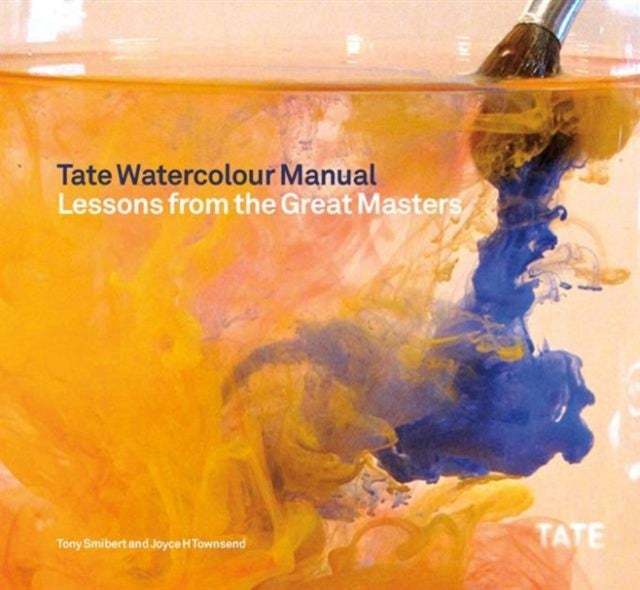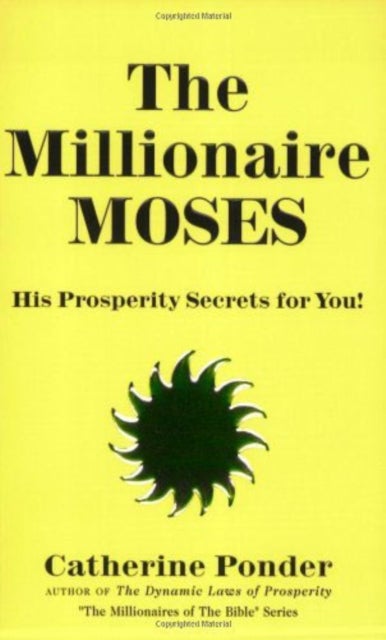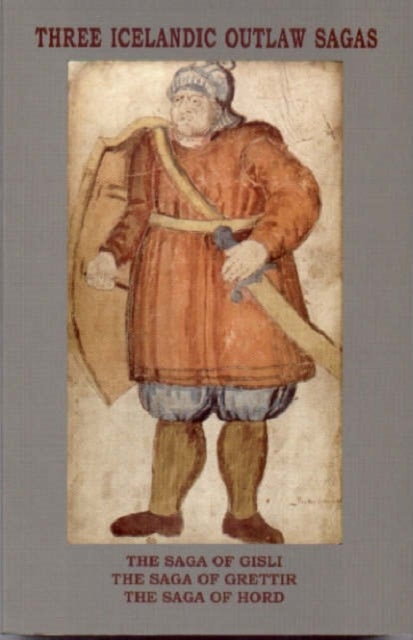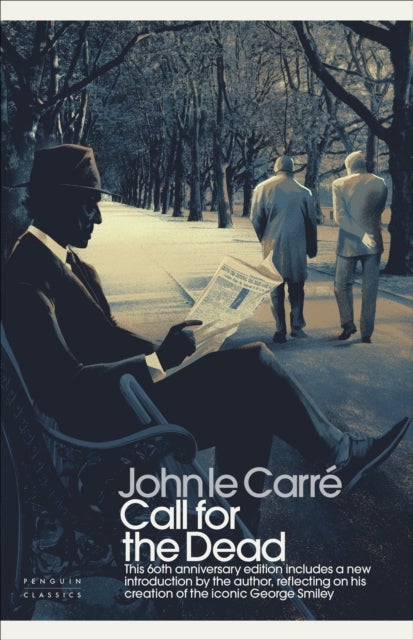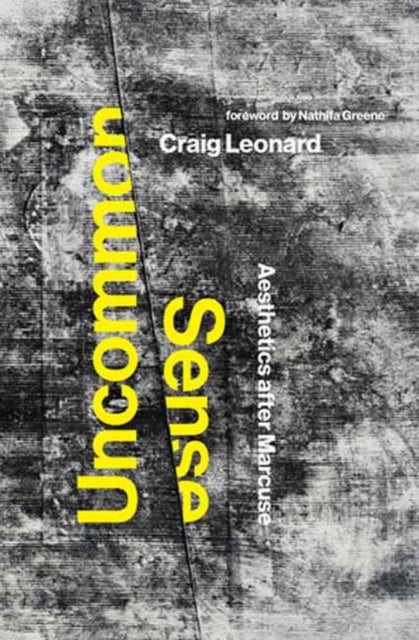
Uncommon Sense av Craig Leonard, Nathifa Greene
299,-
<b>An examination of Herbert Marcuse’s political claim for the aesthetic dimension, focusing on defamiliarization as a means of developing radical sensibility.</b><br><br>In <i>Uncommon Sense</i>, Craig Leonard argues for the contemporary relevance of the aesthetic theory of Herbert Marcuse—an original member of the Frankfurt School and icon of the New Left—while also acknowledging his philosophical limits. His account reinvigorates Marcuse for contemporary readers, putting his aesthetic theory into dialogue with antiracist and anti-capitalist activism. Leonard emphasizes several key terms not previously analyzed within Marcuse’s aesthetics, including <i>defamiliarization</i>, <i>anti-art</i>, and <i>habit</i>. In particular, he focuses on the centrality of defamiliarization—a subversion of common sense that can be a means to the development of what Marcuse refers to as “radical sensibility.”<br> <br>Leonard brings forward Marcuse’s



